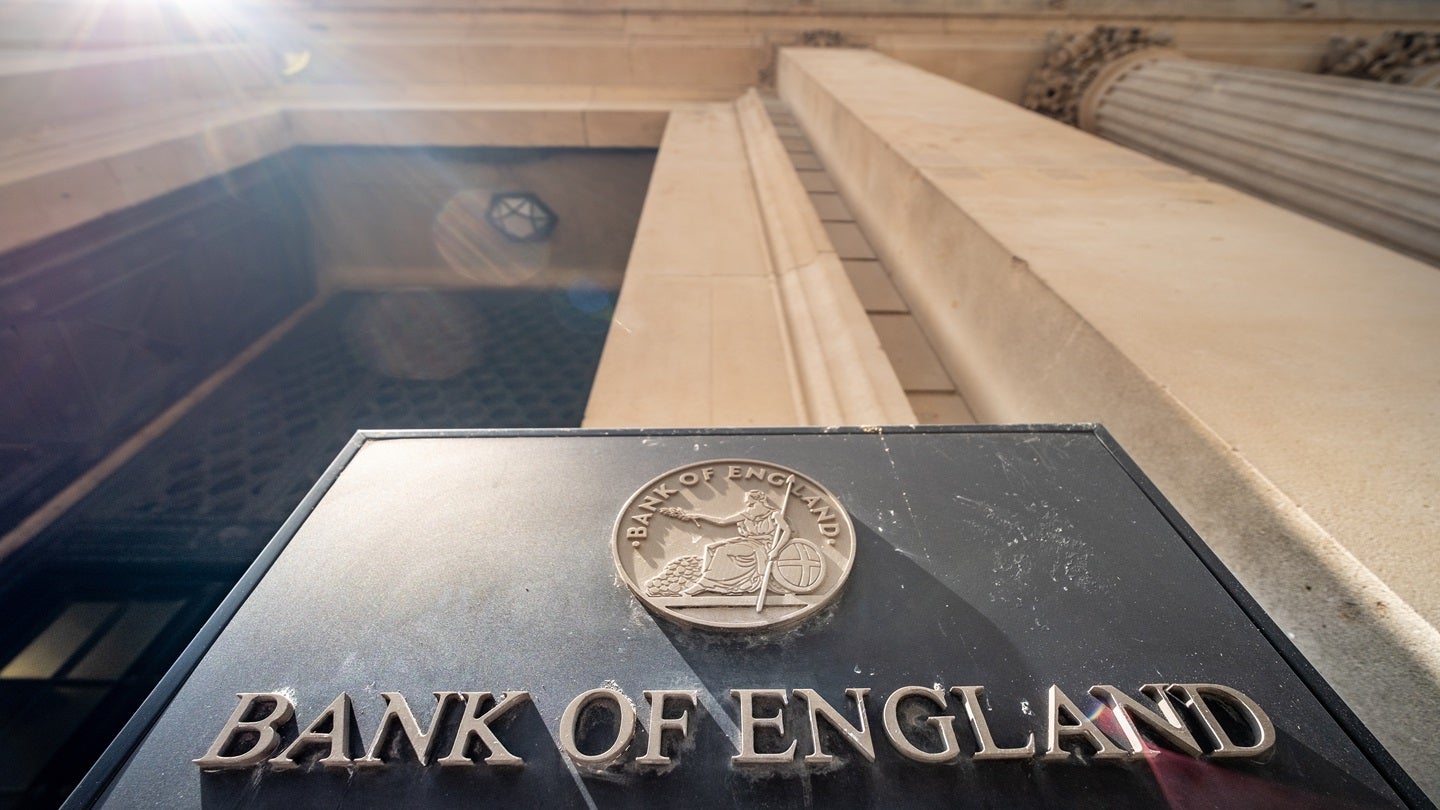
The Bank of England (BoE) has announced changes to its mortgage lending regulations, allowing British banks and building societies to issue a higher volume of potentially riskier mortgages.
The move is aimed at supporting the government’s efforts to boost home ownership, particularly for first-time buyers.

Access deeper industry intelligence
Experience unmatched clarity with a single platform that combines unique data, AI, and human expertise.
Under the new rules, individual lenders will have flexibility to exempt borrowers from loan-to-income limits introduced after the 2008 financial crisis, reported Reuters.
These limits restrict mortgages exceeding 4.5 times a borrower’s income.
While the sector-wide cap on such high loan-to-income lending remains at 15%, the bank noted that the industry has consistently stayed below this threshold, with an aggregate share of 9.7% in the first quarter of 2025.
The bank forecasts this could rise to 11% by the end of 2025, potentially enabling up to 36,000 additional high loan-to-income mortgages annually, according to BoE deputy governor Sam Woods.

US Tariffs are shifting - will you react or anticipate?
Don’t let policy changes catch you off guard. Stay proactive with real-time data and expert analysis.
By GlobalData“If a good part of this was used, this is quite a change,” said BoE Governor Andrew Bailey during a press conference presenting the central bank’s half-yearly Financial Stability Report.
The report highlighted that just under 10% of new mortgages currently exceed the 4.5 times income threshold, and Bailey expressed openness to seeing this percentage increase.
The relaxation of these rules follows a call from the UK government for regulators to encourage economic growth without compromising financial stability.
The bank noted that deposit requirements remain a significant barrier for many borrowers, often outweighing loan-to-income restrictions.
It also reported that British lenders approved 755,000 mortgages for house purchases last year.
Additionally, the bank noted that 3.6 million home loans, representing 41% of all outstanding mortgages, are due for renewal over the next three years.
Existing mortgage holders face an average increase of £107 in monthly payments as deals expire, though this is lower than the previously anticipated £146 rise.
The Bank attributed this to four interest rate cuts since August 2024, which are gradually reducing typical monthly mortgage payments.
Approximately 2.5 million households, or 28% of mortgage holders, are expected to see their bills decrease over the next three years, reported the BBC.
The Bank of England plans to review banks’ overall capital requirements, with an update scheduled for its December Financial Stability Report, marking its first such review in five years.






